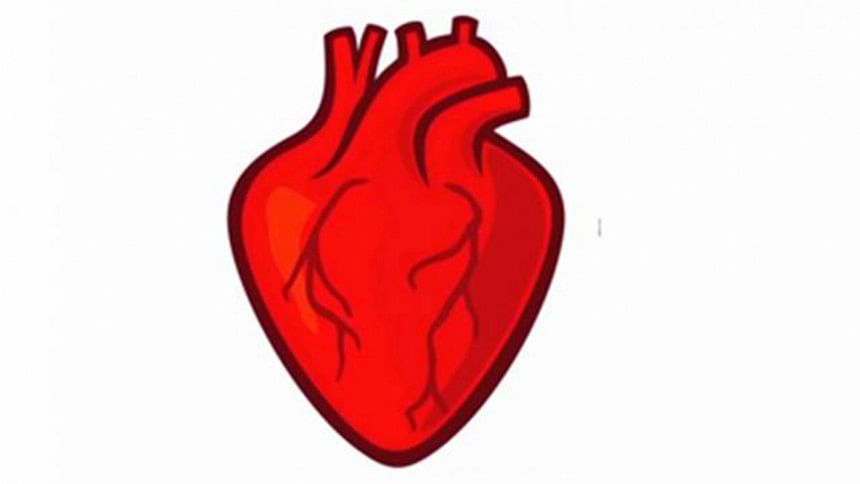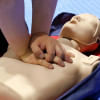High blood pressure and hard labor may boost heart attack risk

Women with high blood pressure and physically demanding jobs are much more likely to have heart attacks than peers who are less active at work and have normal blood pressure, a recent study suggests.
Among thousands of nurses, high blood pressure and lots of lifting, carrying, standing and walking were linked to almost triple the odds of a heart attack, compared with more sedentary labor, the Danish analysis found.
"Physically demanding work may be associated with an elevated heart rate and blood pressure," said lead study author Karen Allesoe of the University of Southern Denmark in Odense.
Over time, a high heart rate many hours a day may cause plaques to form in the arteries, Allesoe said by email. High blood pressure has also been tied to such plaques, she added. Her team thinks these links might help explain why some women ended up at higher risk for heart attacks.
To explore the interplay between physical labor, high blood pressure and heart attack risk, Allesoe and colleagues reviewed data on more than 12,000 female nurses who participated in the Danish Nurse Cohort Study starting in 1993.
Data were collected using a questionnaire, with participants rating their exertion levels as low, moderate or high.
During 15 years of follow up, 580 nurses developed so-called ischemic heart disease, also known as coronary artery disease.
Roughly 12 percent of the nurses reported having high blood pressure, also called hypertension.
About 47 percent of nurses reported high activity levels at work, 34 percent described their exertion level as moderate and 19 percent said they were generally sedentary.
Nurses with normal blood pressure and high physical activity had a small increased risk of heart disease, but this wasn't statistically meaningful after adjusting for other risk factors like diabetes and smoking.
These women had about five additional cases of heart disease per 10,000 people per year than would have happened if they didn't have physically demanding jobs, the researchers calculated.
With hypertension, women had about 15 additional cases of heart disease per 10,000 people per year.
Combining hypertension with hard labor, however, was associated with 60 extra cases of heart disease per 10,000 people per year, researchers reported in the European Journal of Preventive Cardiology.
One shortcoming of the study is its focus on only one profession in one country, the authors note. Because the analysis also relied on women to remember and report their activity and hypertension, it's possible they provided incorrect information.
It's also possible that whether women with hypertension took medication, and their lifestyles outside of working hours, could have influenced the results, said Lea Ann Matura, a researcher at the University of Pennsylvania School of Nursing in Philadelphia who wasn't involved in the study.
"Someone with uncontrolled hypertension may be at higher risk for ischemic heart disease due to physical activity," Matura added by email.
"We need to think about not only the work environment, but also the person's personal life," Matura said. "If someone has uncontrolled hypertension and they are lifting heavy loads at home then they could be at risk, similar to the study's findings."

 For all latest news, follow The Daily Star's Google News channel.
For all latest news, follow The Daily Star's Google News channel. 








Comments